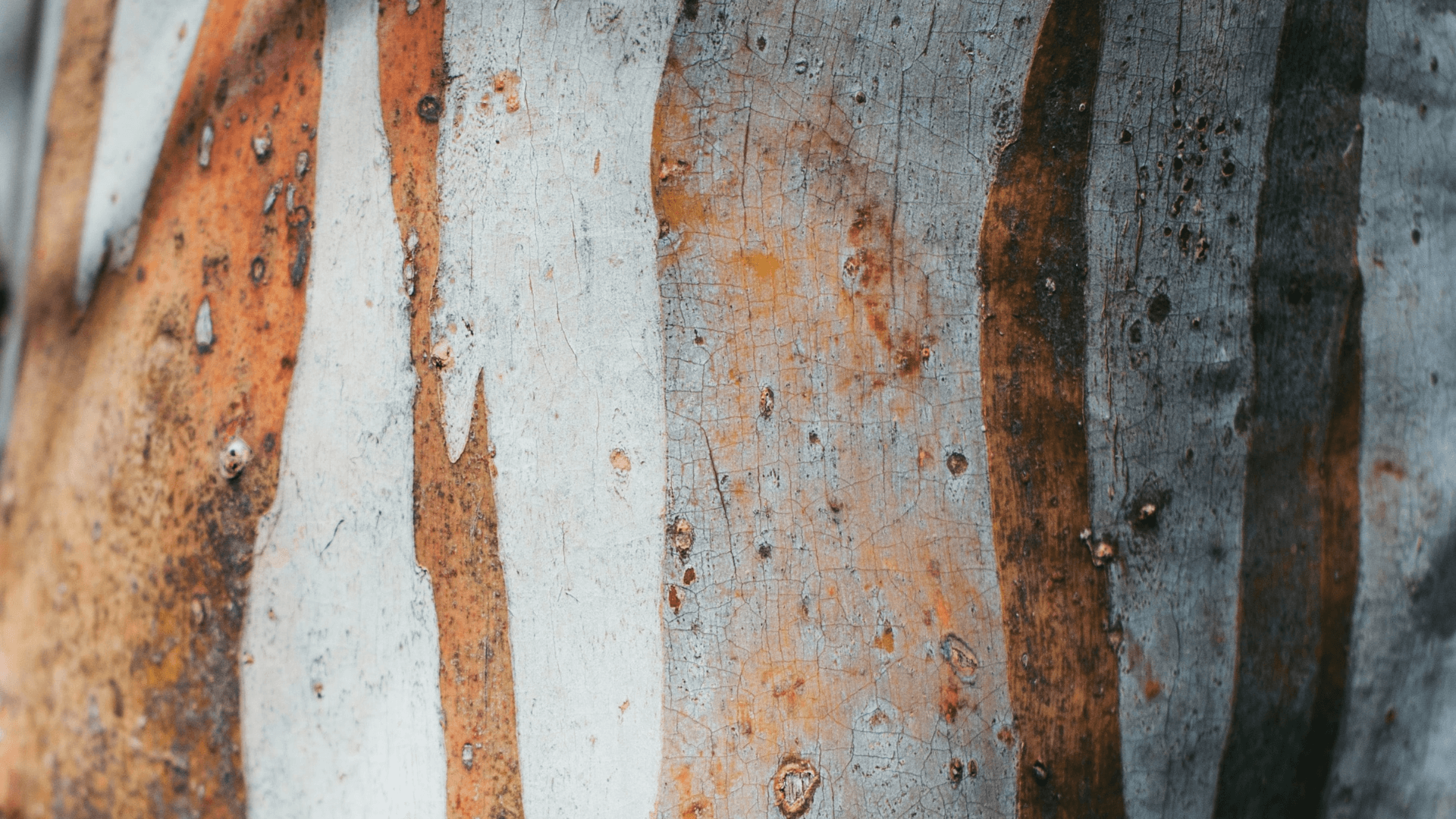1 April 2021
Environmental Justice Australia is both honoured and saddened to be the beneficiary of the winding up of the Western Region Environment Centre (WREC). Losing this institution is a sad day for environment protection in Melbourne’s west.
We have worked with WREC for many years and in particular, its director Harry van Moorst. Harry was our staff’s unanimous choice in 2011 to be the inaugural recipient of EJA’s Environmental Justice Award. This special recognition is reserved for someone we believe has made a long-term contribution to environmental justice – righting environmental wrongs, fixing bad laws, championing public participation, and generally standing up for the things we believe in, like an effective and accountable system of environmental regulation and the community’s right to know and to participate in decision-making.
At the time we explained:
"Harry has been working with the EDO [EJA] for many years as a client and on our law reform programs and projects. He received this recognition in light of his persistence over so many years across so many issues. Particularly, we admire his insistence that the law ought to deliver – that for instance, the Environment Protection Act ought to protect the environment.
He and the many others like him are particularly valuable to the EDO team in that they challenge and extend us to be creative, imaginative and determined in looking for legal solutions. More than clients, they become collaborators."
Environmental Justice Australia
Prior to forming WREC, Harry led the Werribee Residents Against Toxic Dumps, a resident group that successfully campaigned against the construction of a toxic waste facility in their community during the 1990’s. Having learned so much about waste and the problems it causes, the original idea for WREC’s formation was to start campaigning at the local and regional levels on sustainability. WREC collaborated with Wyndham City Council and ran school programs and community events on how to be water wise, reduce waste, and increase renewable energy. Their contribution to sustained, localised education led to Hoppers Crossing having the highest uptake of solar panels in Victoria.
But Harry did not limit his efforts to Melbourne’s western region. He visited many communities Victoria-wide that were threatened by toxic dumps. Sharing his extensive knowledge, Harry ran workshops for local people to understand the risks that landfills pose to human health and ecology, but also what to do about it. His contribution to the Nowingi landfill assessment was quoted extensively before the dump was eventually rejected. Harry’s support for the Terminate Tullamarine Toxic Dump Action Group helped the community conduct their own survey. Harry’s health impact reports helped secured stronger post closure monitoring standards for that landfill.
Friend and colleague, Helen van den Berg shared how:
“People would enter campaigns knowing intuitively it was wrong but not knowing what to do about it. Harry’s workshops gave them to the tools and understanding of planning law that enabled them to participate in formal processes and effectively challenge environmental threats to their community. Harry championed a scientific and legal approach, constantly challenging the EPA to aim higher and inspiring people to be persistent and stick together.”
Helen van den Berg
Our collaboration has remained strong over the years, including on many legal matters, such as opposing further expansion of the Werribee ‘mountain’ (landfill) in VCAT; and a landmark report, Raising a Stink. This used case studies from the west to call for reform to the Environment Protection Act and the EPA’s culture, and as an effective environmental justice strategy. The importance of WREC as a client who could help us achieve real change was recognised when we were funded in 2017 to have a lawyer working half their time exclusively to partner with and support WREC’s work to reduce pollution for all western Melbourne communities.
WREC’s campaigns have benefited both the west and the wider Victorian community. We will miss working with them and will ensure that the gift they have given us will protect the community and environment they fought for.
Image: Jade Stephens on Unsplash


